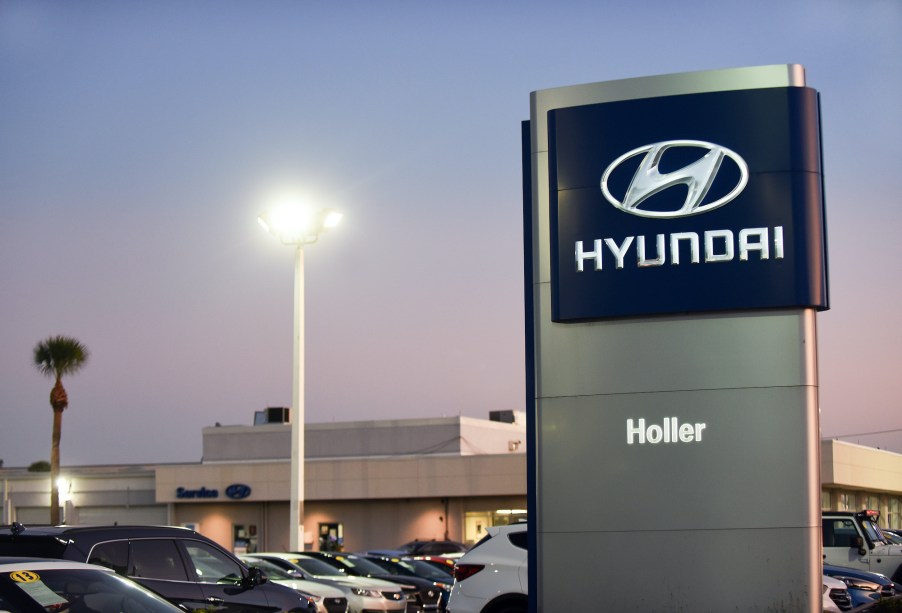
What Took Hyundai and Kia So Long to Make Necessary Safety Recalls?
Hyundai and Kia moved too slowly to make the right safety calls, and it will cost them a lot. The two car brands have been ordered to pay up to $210 million after taking too long to recall over 1 million vehicles with engines that could fail. Why the delay?
Where did Hyundai and Kia go wrong?

Hyundai Motor Co is a subset of Kia Motors. Both Hyundai and Kia settled with the National Highway Traffic Safety Administration (NHTSA) after the car brands failed to recall 1.6 million vehicles in a “timely fashion.” The agreement includes recalls in 2015 and 2017 for manufacturing problems that could potentially cause wear and engine failure, as Reuters reported.
The consent order that Hyundai agreed to says the company will pay a civil penalty of $140 million. The company will have to pay $54 million upfront and has been obliged to spend $40 million on further safety performance measures. If Hyundai doesn’t meet the requirements, the company will have to pay an additional $46 million.
Separately, Kia’s civil penalty equals $70 million and is to pay $27 million upfront. The company will spend $16 million on specific safety measures. Like Hyundai, Kia is also subject to a deferred penalty.
“It’s critical that manufacturers appropriately recognize the urgency of their safety recall responsibilities and provide timely and candid information to the agency about all safety issues,” said NHTSA Deputy Administrator James Owens.
NHTSA
What Hyundai and Kia vehicles are affected?

As Car and Driver highlighted, Hyundai’s problem involves 2011-2017 Sonatas with the carmaker’s 2.0- and 2.4-liter Theta II engines. Hyundai’s 2013-2014 Santa Fe Sport models are also problematic. The 2011 Sonata is one of the most complained about Hyundai cars according to the NHTSA. Sonata owners said that “engine problems” were the leading cause of concern. Sante Fe owners echoed similar engine problems and also complained about steering issues.

Furthermore, Kia’s consent order covers the 2011-2014 Optima, 2012-2014 Sorento, and the 2011-2013 Sportage that also have the 2.0- and 2.4-liter Theta II engines. Like its corporate cousin, the Sonata, the 2011-2014 Optimas have reported engine and steering issues. The 2012-2014 Sorento SUVs have some of the worst reliability ratings. At this time, the 2011 Sportage is the worst-rated model year.
What do the carmakers have to say about the safety actions?

We don’t know why Hyundai and Kia delayed their responses to addressing their vehicle engine failures. Kia said in a statement that it “denied the allegations but agreed to settle the matter to avoid a protracted dispute with the government.” Kia’s statement also said it would “restructure and transfer the departments responsible for recall determinations to the United States.”
Hyundai says the company will create new IT systems “to better analyze safety data and identify potential safety issues,” and it will set up a new field testing and inspection laboratory in the U.S.” This carmaker has also launched a website so customers can stay up with engine and software recall information.


